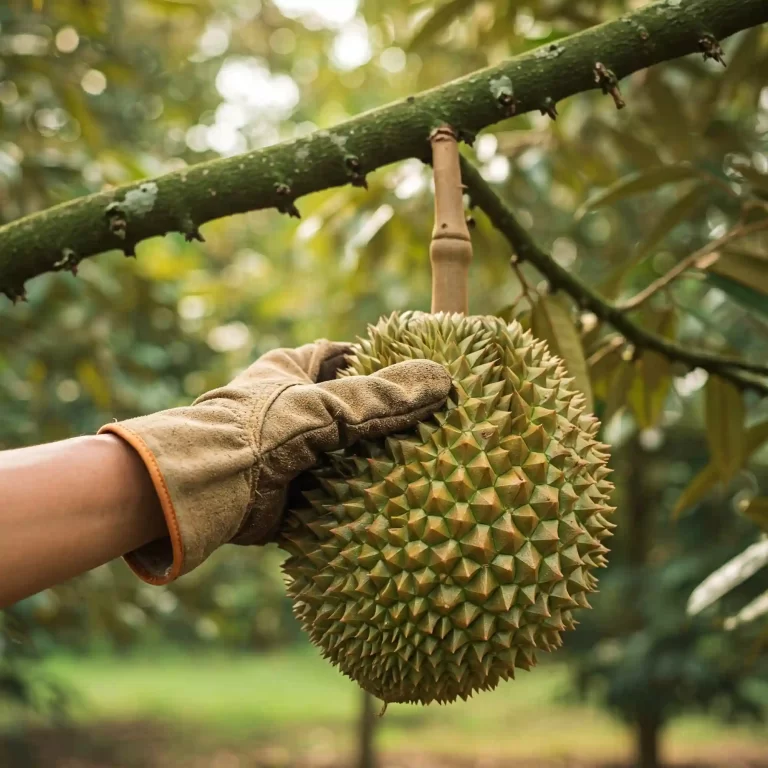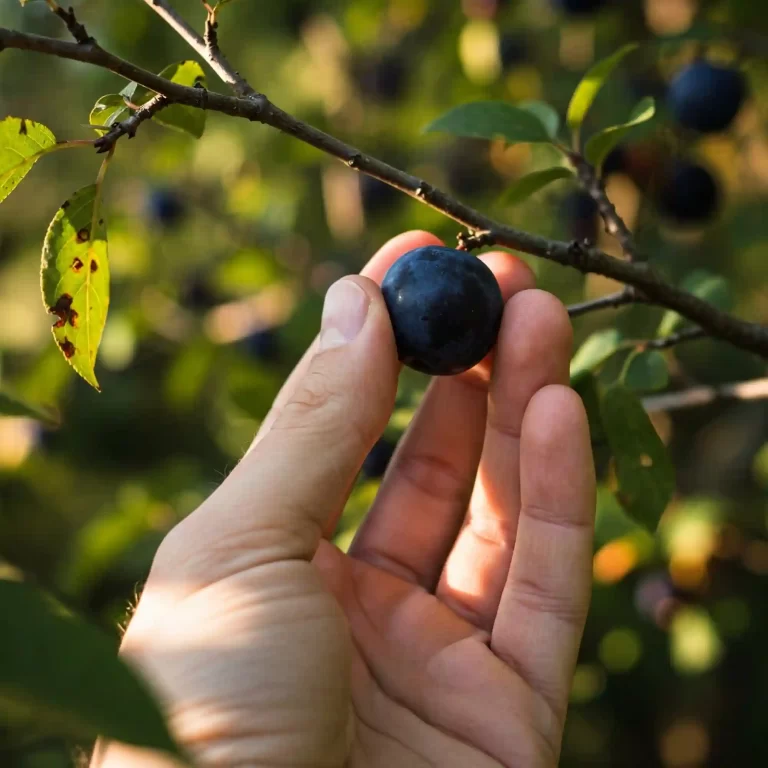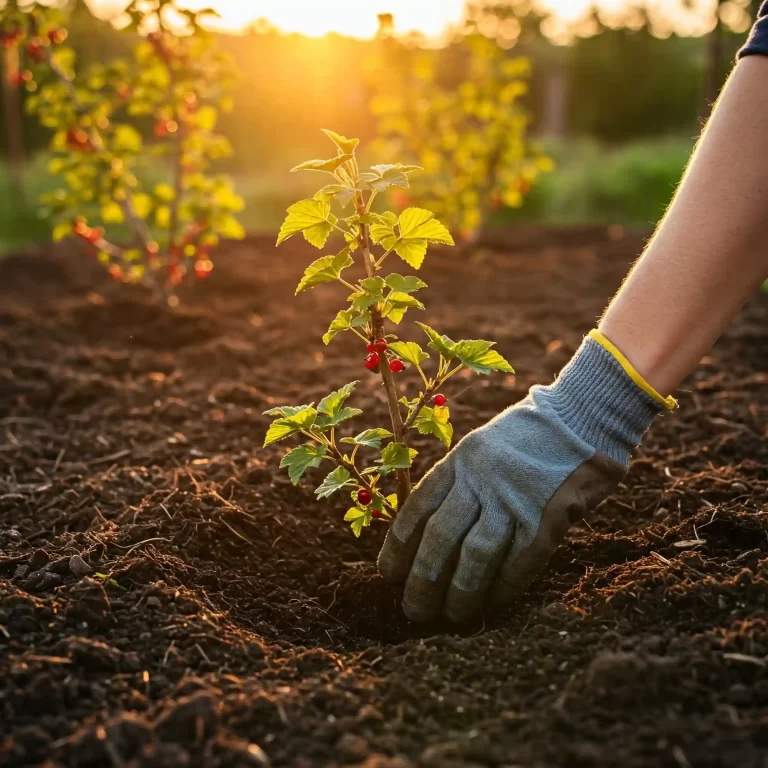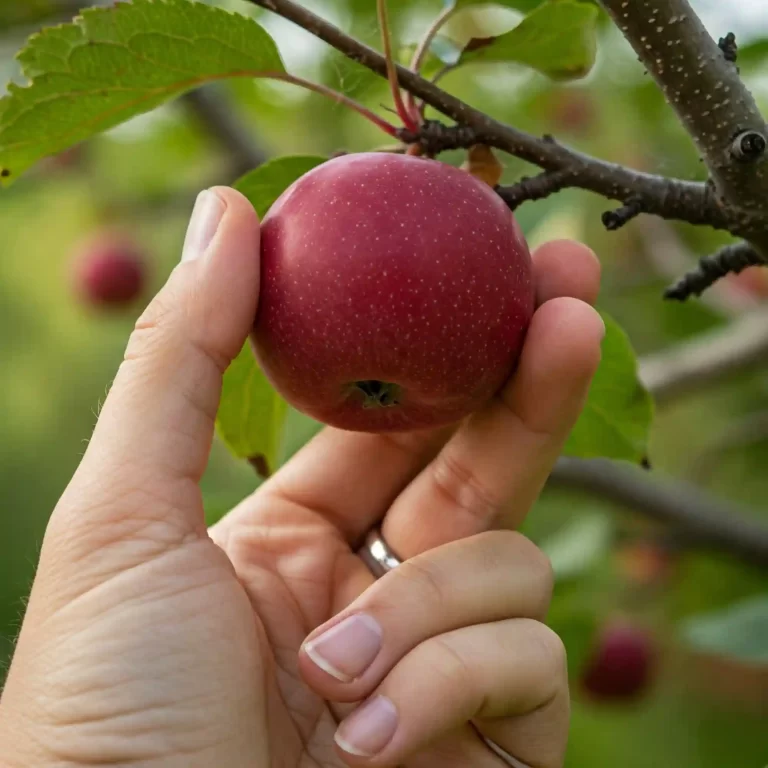Are you tired of struggling with weeds and uneven soil in your garden? Do you want to create a more aesthetically pleasing and environmentally friendly outdoor space? The solution might be simpler than you think: mulch. Mulch is a layer of organic material that is applied to the soil around plants. It offers numerous benefits, including improved soil health, weed control, and moisture retention.
In this comprehensive guide, we will delve into the world of mulch, exploring different types, applications, and best practices. Whether you are a seasoned gardener or just starting out, this information will help you make informed decisions and achieve a thriving garden.
Understanding the Benefits of Mulch
Mulch is a valuable asset for any garden, providing a range of benefits that can enhance the health and appearance of your plants. Here’s a breakdown of some of the key advantages:
Improved Soil Health:
- Moisture Retention: Mulch helps to retain moisture in the soil, reducing the need for frequent watering. This is especially beneficial during dry periods.
- Erosion Prevention: Mulch acts as a protective barrier, preventing soil erosion caused by wind and rain. This is particularly important on slopes or in areas with heavy rainfall.
- Nutrient Enrichment: As mulch decomposes, it releases nutrients into the soil, improving its fertility. This can lead to healthier and more vigorous plants.
- Temperature Regulation: Mulch helps to moderate soil temperatures, protecting plants from extreme heat and cold. This can be especially beneficial during hot summers or cold winters.
Weed Control:
- Suppression: Mulch creates a physical barrier that makes it difficult for weeds to germinate and grow. This can significantly reduce the amount of time and effort spent on weeding.
- Competition: Mulch competes with weeds for sunlight, water, and nutrients, giving your garden plants a competitive advantage.
Aesthetic Appeal:
- Visual Enhancement: Mulch can add a finished look to your garden, creating a more polished and professional appearance.
- Color and Texture: Different types of mulch offer a variety of colors and textures, allowing you to customize the appearance of your garden.
Benefits of Mulch
| Benefit | Explanation |
| Improved Soil Health | Retains moisture, prevents erosion, enriches soil, regulates temperature |
| Weed Control | Suppresses weed growth, reduces weeding time |
| Aesthetic Appeal | Enhances garden appearance, provides color and texture |
Choosing the Right Type of Mulch
The type of mulch you choose will depend on your specific needs and preferences. Here’s a breakdown of some of the most common types of mulch:
Wood Chips:
- Pros: Affordable, readily available, and can be made from a variety of wood species.
- Cons: May take longer to decompose, can attract termites if not properly treated.
Bark Mulch:
- Pros: Durable, long-lasting, and available in various colors and textures.
- Cons: Can be more expensive than wood chips, may contain harmful chemicals if not properly treated.
Pine Needles:
- Pros: Acid-loving plants, helps to suppress weeds, and can be a natural alternative to other types of mulch.
- Cons: May be difficult to find in some areas, can be messy if not applied properly.
Compost:
- Pros: Nutrient-rich, improves soil health, and can be made at home.
- Cons: May contain weed seeds or other unwanted materials if not properly prepared.
Comparison of Mulch Types
| Type | Pros | Cons |
| Wood Chips | Affordable, readily available | Slow decomposition, potential termite attraction |
| Bark Mulch | Durable, long-lasting | Expensive, may contain harmful chemicals |
| Pine Needles | Acid-loving plants, weed suppression | Limited availability, messy |
| Compost | Nutrient-rich, improves soil health | May contain weed seeds |
Where to Buy Mulch
Once you’ve decided on the type of mulch that’s best for your garden, it’s time to start shopping. Here are some of the most common places to buy mulch:
Local Nurseries and Garden Centers:
- Benefits:
- Wide variety of mulch options
- Expert advice from knowledgeable staff
- Support local businesses
- Considerations:
- May have limited stock during peak seasons
- Prices may be higher than big-box stores
Home Improvement Stores:
- Benefits:
- Convenient location
- Large selection of mulch and other gardening supplies
- Often offer bulk discounts
- Considerations:
- May have limited options for specialty mulches
- Prices can be higher than local nurseries
Online Retailers:
- Benefits:
- Wide range of options, including specialty mulches
- Convenient delivery to your doorstep
- Competitive pricing
- Considerations:
- Shipping costs may apply
- Potential for product quality issues
Bulk Material Suppliers:
- Benefits:
- Lowest prices for large quantities of mulch
- Delivery options available
- Considerations:
- May require a minimum purchase quantity
- Limited selection of mulch types
Tips for Buying Mulch:
- Consider delivery options: If you’re purchasing a large quantity of mulch, inquire about delivery services to save time and effort.
- Check for quality: Look for mulch that is free of weeds, rocks, and other debris.
- Compare prices: Shop around to find the best deal on mulch.
- Ask for advice: If you’re unsure which type of mulch is best for your garden, don’t hesitate to ask for advice from knowledgeable staff at local nurseries or garden centers.
Applying Mulch Correctly
Proper application of mulch is essential for maximizing its benefits. Here are some tips for applying mulch to your garden:
- Prepare the area: Remove any weeds or debris from the area where you plan to apply mulch.
- Apply a layer of mulch: Spread the mulch evenly around your plants, avoiding direct contact with the stems. The recommended depth for mulch is typically 2-4 inches.
- Water thoroughly: After applying mulch, water the area thoroughly to help the mulch settle and prevent it from drying out.
- Avoid over-mulching: Too much mulch can suffocate plants and create a breeding ground for pests.
Maintenance and Refreshing Mulch
To ensure that your mulch continues to benefit your garden, it’s important to maintain it properly. Here are some tips for caring for your mulch:
- Add more mulch: As the mulch decomposes, you may need to add more to maintain the desired depth.
- Remove weeds: Regularly check for weeds that are growing through the mulch and remove them promptly.
- Address pests: If you notice pests, such as termites or ants, taking up residence in your mulch, take steps to control them.
- Refresh mulch: Every year or two, remove the old mulch and replace it with a fresh layer.
By following these tips, you can enjoy the many benefits of mulch and create a thriving garden.
Common Mulch Myths Debunked
There are many myths and misconceptions surrounding mulch. Here are a few common ones that should be debunked:
- Myth: Mulch attracts pests.
- Fact: While some pests may be attracted to mulch, it is generally not a major problem. Properly maintained mulch can actually help to deter pests.
- Myth: Mulch can suffocate plants.
- Fact: As long as the mulch is not applied too thickly and the plants are properly watered, mulch should not suffocate them.
- Myth: Mulch is only for flower beds.
- Fact: Mulch can be used in a variety of garden settings, including vegetable gardens, tree circles, and around shrubs.
- Myth: Mulch is expensive.
- Fact: While some types of mulch can be more expensive than others, it’s important to consider the long-term benefits. Mulch can save you money on water bills, fertilizer, and weed control.
Conclusion
Mulch is a valuable tool for gardeners who want to improve the health, appearance, and sustainability of their outdoor spaces. By understanding the different types of mulch, applying it correctly, and maintaining it properly, you can reap the many benefits it offers.
Whether you’re a seasoned gardener or just starting out, incorporating mulch into your gardening routine can help you create a thriving and beautiful garden.




